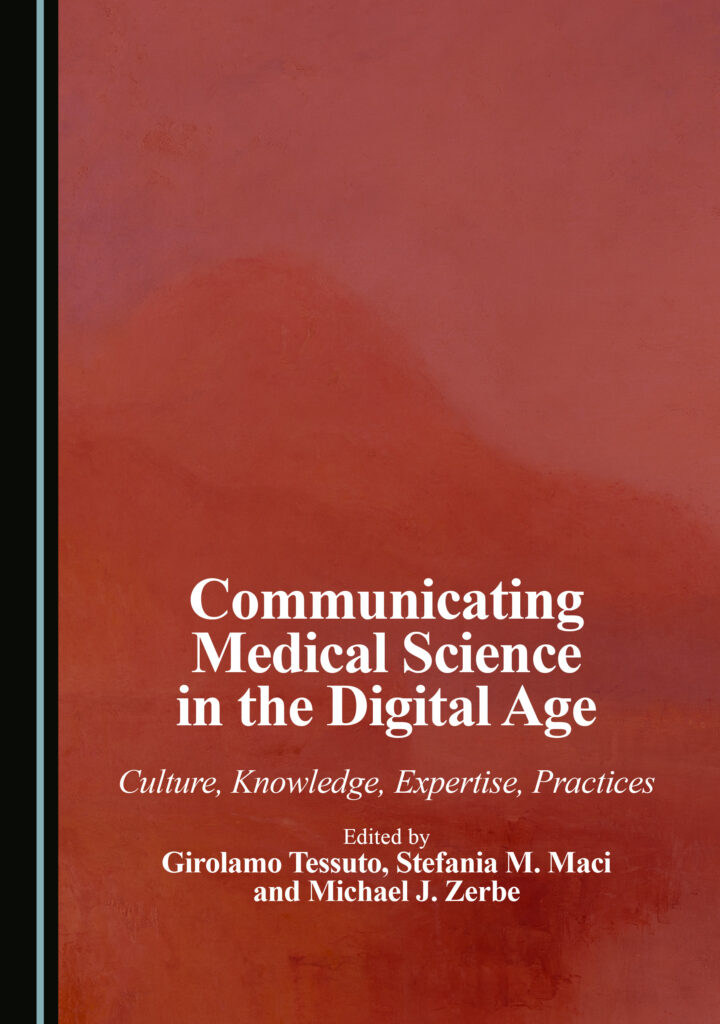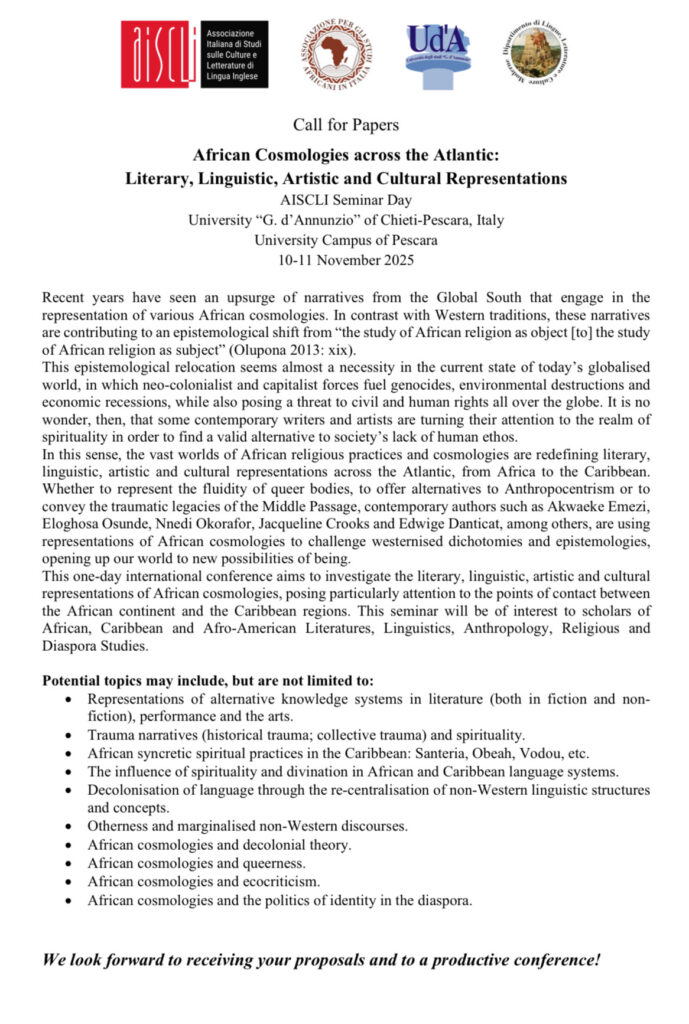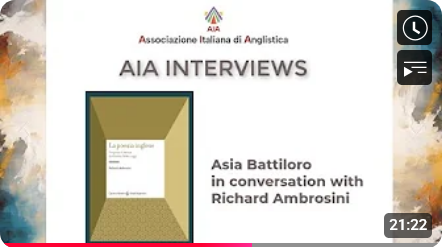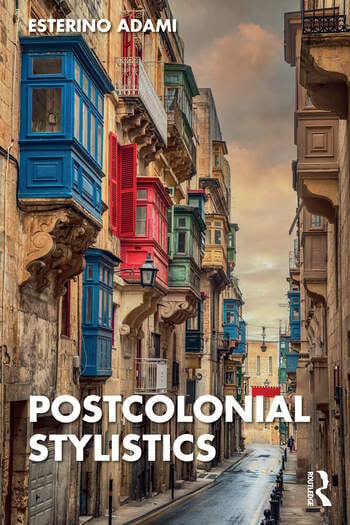New Publication: Communicating Medical Science in the Digital Age: Culture, Knowledge, Expertise, Practices edited by G. Tessuto, S. M. Maci, M. J. Zerbe, Cambridge Scholars, 2025
Communicating Medical Science in the Digital Age: Culture, Knowledge, Expertise, Practicesedited by G. Tessuto, S. M. Maci, M. J. Zerbe, Cambridge Scholars, June 2025 The rapid development of the Internet and social media platforms hastransformed the landscape of medical science communication where avariety of societal stakeholders, including the research academy,healthcare professionals, policymakers, and patients, increasingly turn tothe readily usable functionalities of online information and knowledgeplatforms. This transformation has had a significant impact on digitalcommunication within the medical academy and the healthcare sector asa whole. Opportunities are spawning an increasingly diverse digitalecosystem of less formal practices of medical scholarly communicationon web and social media platforms (research blogs, tweets, newspaperarticles, press interviews, ResearchGate, WikiPathways, info-graphicsand video-abstracts), making the scientific process more democratic andresponsive to societal needs and fostering ‘open’, rapid scientificcommunication between researchers, citizens, and other societal actors.This book brings together academics and practitioners from the area oflinguistics and other fields to critically discuss and rethink emergingtrends and variations in medical science communication models whereculture, knowledge, expertise, and identity are played out, contributing tothe discursive study of texts and genres that matter to internal and externalprocesses and practices of medical science communication This book is part of a series. View the full series, “Medical Discourse and Communication”, here. ISBN: 1-0364-4566-6 ISBN13: 978-1-0364-4566-9 Pages: 398 Cambridge Scholars Publishing https://www.cambridgescholars.com/product/978-1-0364-4566-9




